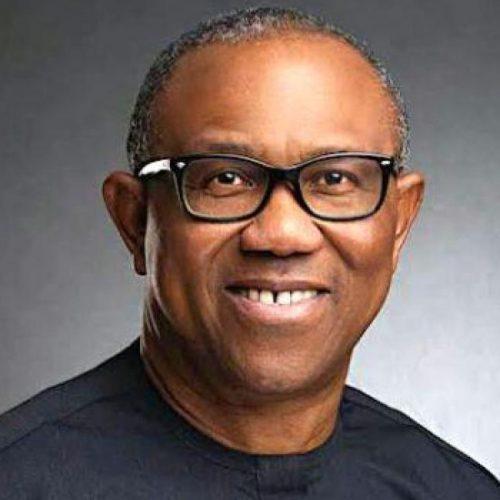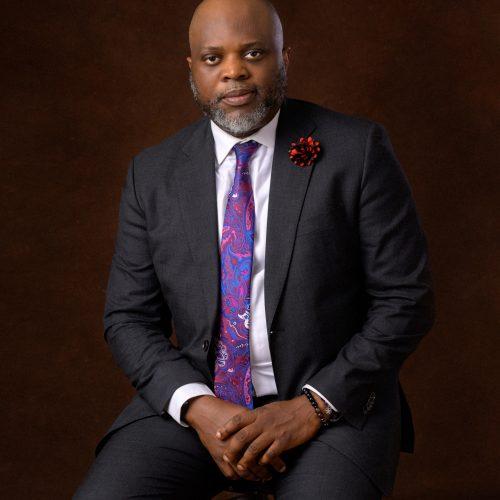Collins Nweke is the Director of Business Development, Belgium Luxembourg Nigeria Chamber of Commerce (BLNCC). On the heels of a successful trade mission to Nigeria in October involving about 30 Belgian investors, Collins sheds more light on efforts being made for trade relations between the two countries to improve.
The Belgium-Luxembourg trade mission to Nigeria wrapped up on Oct 21, would you call the mission a success, and how certain are the expected outcomes?
Careful planning went into the trade mission to Nigeria by the Flemish regional government of Belgium. In doing so, both the Embassy of Belgium in Nigeria and the Nigerian Country Office provided powerful support. I am not sure that it is standard practice for individual delegates to have a detailed agenda and programme worked out for them, such that prospective Nigerian partners already had appointments locked in for them prior to delegates’ arrival.
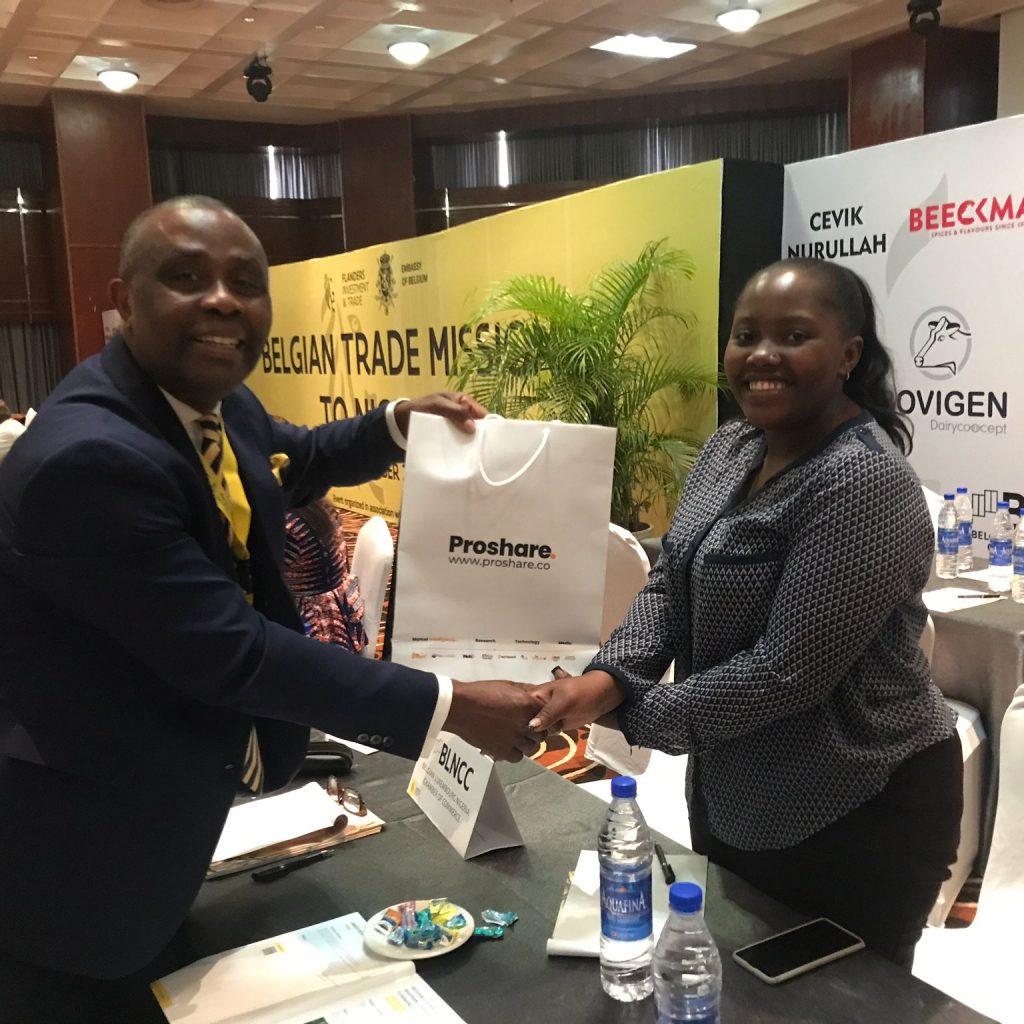
Additionally, beyond the B2G bilateral interface, there were active B2B both in Abuja and in Lagos. Speaking for the Belgium Luxembourg Nigeria Chamber of Commerce (BLNCC), I guess the high point of the mission for us was the establishment of boots on the ground with the set-up of BLNCC Nigeria. During the B2B, there was an unprecedented interest in SMEs joining our Nigerian Chapter.
To your question, yes indeed the mission was a huge success in terms of the prospects. I am not sure success to you denotes the amount in Naira and Euro that was made but I can tell you that a fantastic start has been made, MoUs signed and a few orders already placed. Being the Director of Business Development for BLNCC I am in a position to know that since delegates returned to Belgium, an intensive interface has been ongoing. We are facilitating some of them. I can’t divulge who signed what deal with who, but you can rest assured that this trade mission will inject billions of fresh capital into these economies (Belgium & Nigeria) creating jobs and adding value in infrastructure, technology, engineering, and innovation. These are the areas of competitive advantage that Belgium brings to the table
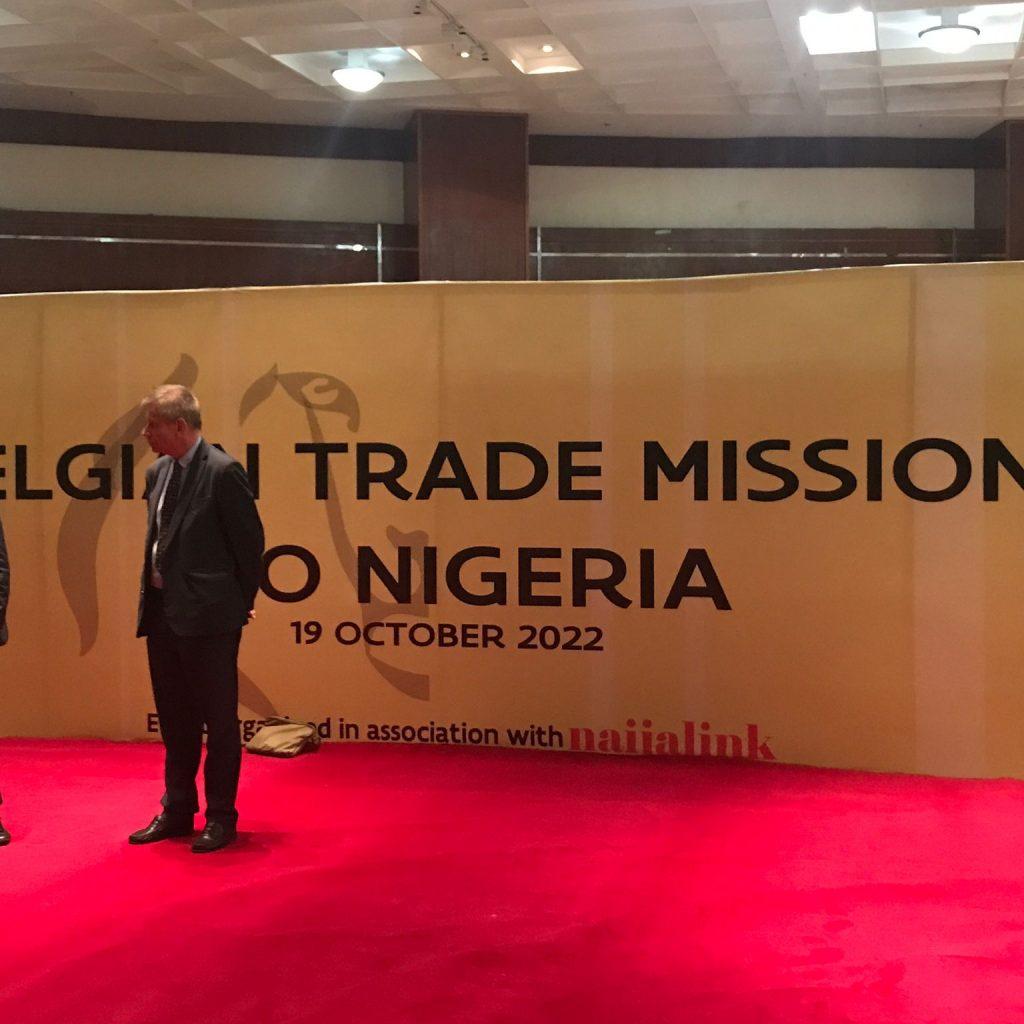
About 30 Belgian investors were in Nigeria for the Trade mission, what were the major expectations from Nigeria?
The Nigerian businessperson is seeking outlets for his or her products and services. The Nigerian market has an equally young and dynamic consumer base to accommodate manufacturing activities where Nigeria will serve as a hub for the rest of Africa. The raw materials are there, and an educated and flexible poll of the workforce is in overflow albeit requiring reorientation. But as my Belgian colleagues have found out in their interaction with a few young Nigerians, they have a good base to build on and an average Nigerian is a quick learner.
Of course, some of the stories out there are different from the reality on the ground. How best to find out for yourself than coming to see things for yourself? And they did, using the trade mission. A good market sells itself! I do believe that the body language of the participating Nigerian businesses was that of, we have basically everything under the sun. Make your pick.

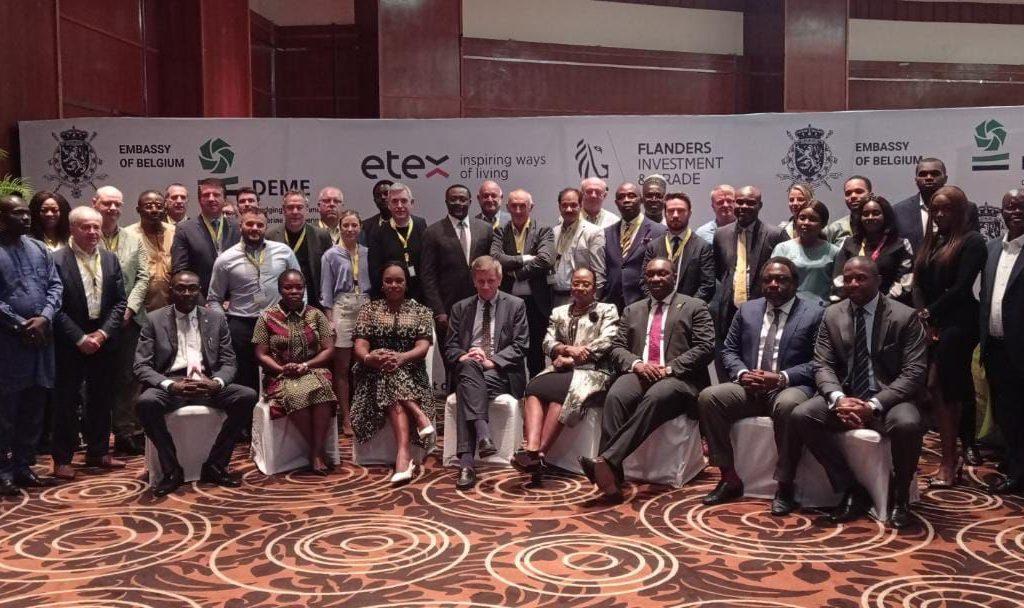
Tell us about the major challenges limiting business relations between both nations.
Bureaucratic bottlenecks by way of cumbersome regulations constitute a huge hindrance to doing business on both sides. It is also a disservice to pretend that Nigeria scores high in the ease of doing business. But I guess what the Belgian investor is discovering is that while the government of Nigeria continues to make genuine efforts to rid the country of the obstacles, there are brilliant corporate law firms and risk analysts present in the country to help you navigate the terrain and avoid the pitfalls from the small ones to the medium establishments and indeed the big names.
They were all on hand to explain what they do and how to help keep your fingers from burning. On the infrastructure side of things and the huge costs associated with running a business in Nigeria, I have this anecdote: while the Belgian Ambassador hosted us at his residence for dinner, electricity briefly went off in the middle of his welcome remarks. No so palatable but he turned it around and made the joke that an unstable power supply is a business opportunity for the visiting Belgian delegates.

Tell us more about the upcoming activities of the Belgium-Luxembourg-Nigeria Chamber of commerce
In the immediate aftermath of the trade mission, we are working closely with the Embassy of Nigeria in Belgium, Luxembourg, and the EU to host a business forum in June 2023. This will be some sort of ‘return match for the just concluded trade mission to Nigeria. A select number of serious Nigerian businesses will get the opportunity to come out to Belgium and Luxembourg to see things for themselves and perhaps gain a better understanding of why certain packaging or export-import licenses are in place, to visit manufacturing outlets, especially those seeking to be Belgium manufacturer representatives in Nigeria.
Some have the ambition to process their raw materials into finished products right in Nigeria and export to Belgium and Luxembourg and are looking at innovation firms, engineering outfits, and technology companies to help accomplish their goals. Site visits and interactions can only bring you closer to the dream. Do you know that even in real estate, which is currently huge in Nigeria, the insurance industry, etc, there is a huge scope for knowledge and tech transfer? The business forum being envisaged under the leadership of Ambassador Obinna Onowu for June 2023 provides opportunities to do business.
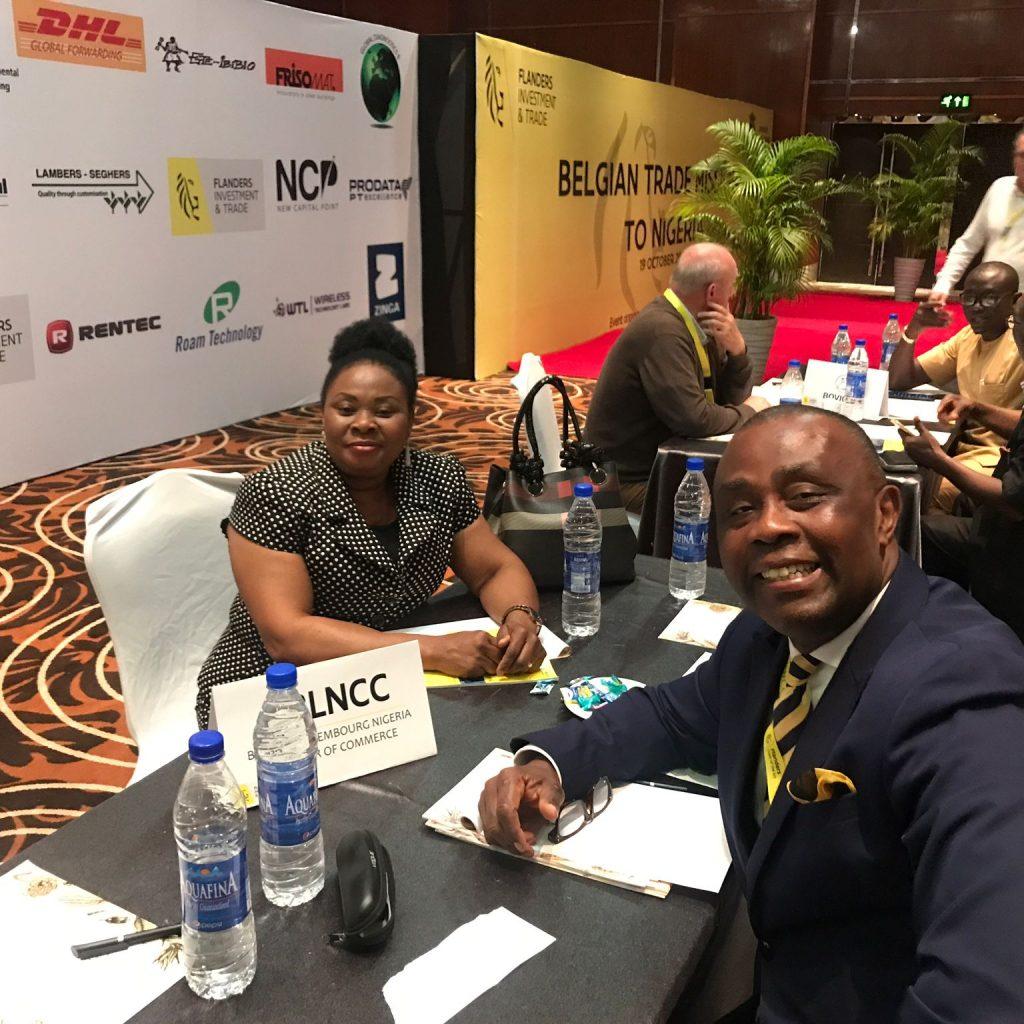
The balance of trade between both nations seems skewed in favour of Belgium due to stringent EU import policies. Is there any plan within the BLNCC to overcome this challenge?
There are reasons to believe that stringent EU import policies are just but a tiny piece of the trade imbalance puzzle between Nigeria and Belgium. I believe that the major driver here is demand and supply. For instance, as of June 2022, Belgium exported €704M and imported €49.5M from Nigeria, resulting in a positive trade balance of €654M. Between June 2021 and June 2022, the exports of Belgium have increased by €578M (459%) from €126M to €704M, while imports increased by €40.5M (448%) from €9.04M to €49.5M. The top export of Belgium to Nigeria is mineral fuels, which represents €623M out of the €704M total export.
The story that these figures tell is that Nigeria is an import-dependent economy. Envision a situation where Nigeria succeeds in refining its oil in Nigeria and rejig to a production and export-based economy, the balance of trade outlook between both markets will certainly look different. Now, on what the BLNCC is doing to overcome the challenge, we do policy lobby work and advocacy in our three focal economies. This is one of the reasons we established BLNCC Nigeria.
We happen to operate from a more stable policy environment and there are transferable good practices from here to facilitate the evolving Nigeria policy space. Our presence in the seat of EU powers places us at a vantage point to lobby against overbearing EU regulations with an adverse effect on Nigeria’s import-export market.
In the meantime, we identify low-hanging fruits that could easily be plucked. For instance, through After-work Events, Breakfast Sessions, Meet & Greets, and similar flexible activities, we create opportunities for member corporate entities and partners to reach targeted audiences either to introduce products or explain regulations and services that help navigate them. EU import policies and the ways around them, possible waivers, etc, are just some examples of what we do to keep businesses from getting their fingers burnt.

How can wealthy Nigerians residing in Lagos invest in the Belgian economy and the likely benefits?
Belgium has an open economy with a range of investment options open to non-residents including high-end Nigerians in Lagos. As you may know, Belgium is 48th in the world in terms of economic freedom. I know it’s more prudent not to be specific in calling out an investment portfolio for anyone but I equally can’t resist the urge to underline that investors with excess to put somewhere, will find the relatively low property prices in Belgium compared to its immediate neighbouring countries, alluring and attractive.
The country has low mortgage rates. There are handsome returns on property sales and buying to rent. I remember having a brief conversation with my investment banker friend who happens to also be a member of BLNCC, Peter Desmet. Peter did draw my attention to the thriving entrepreneurial environment of the country, excellent connections with the rest of Europe by road, rail, sea, and air, and over 500 million consumers based within a 1000km radius.
Just yesterday, a logistics company we met with in Lagos is already taking genuine steps to incorporate a European hub in Belgium, specifically Antwerp, to service the rest of Europe. Thanks to this multi-modal access via sea, air, road, and rail, companies that organize their logistics from Belgium can thus connect with this large consumer market. I should end by saying that investment needs vary. We have the in-house capacity to help our wealthy friends in Lagos looking to take advantage of Belgium’s awesome investment environment.

How is the BLNCC planning to engage knowledge sharing and collaboration at the microeconomic level?
We at BLNCC take knowledge sharing and transfer very seriously. I have highlighted some of our low-hanging strategies. We are also looking to convert a current web presence to a veritable knowledge and information-sharing tool by default but also on-demand leveraging technology and innovation, something both Belgium and Luxembourg are renowned for.
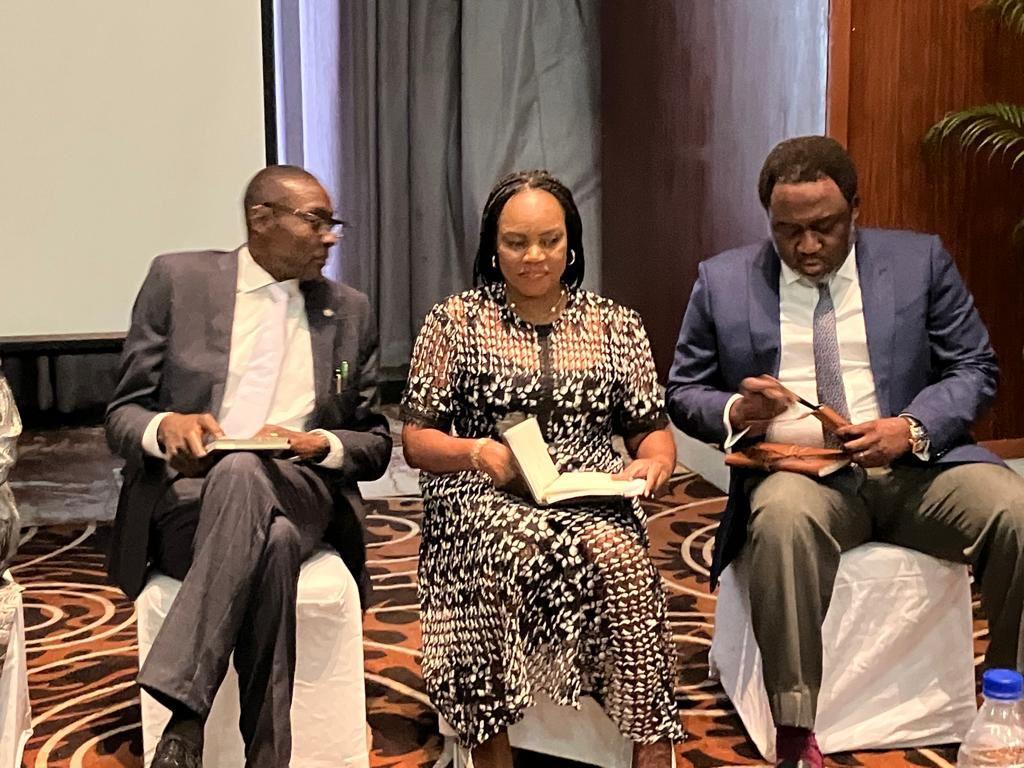
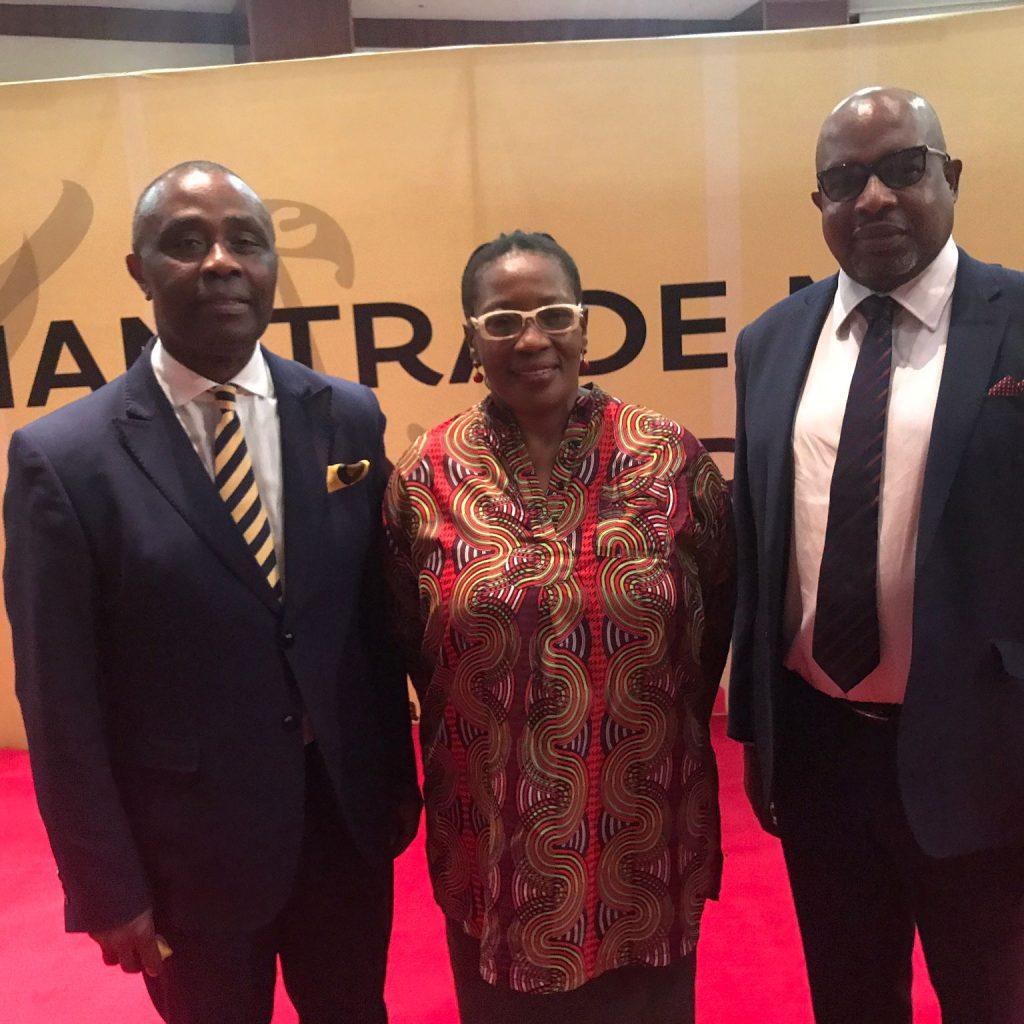
Content provided by Lekki People, edited and repurposed by The Podium Magazine.












